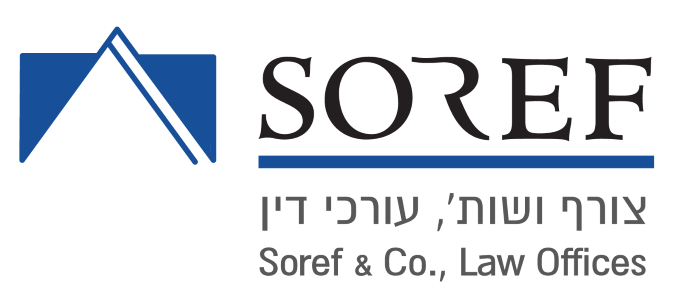Quick search
CTRL+K
Quick search
CTRL+K


Since 2010, the Global Law Experts annual awards have been celebrating excellence, innovation and performance across the legal communities from around the world.
posted 11 months ago
Yitzchak and Zohara Atia are the owners of an agricultural farm in Moshav Amioz, situated in the western Negev area and known by the name of the “Gaza envelope.” The Atia family employed three foreign workers from Thailand in their agricultural farms for a few years. After the termination of their employment, the 3 workers filed a claim in the Labor Court of Be’er-Sheva for the amount of ILS 537,107, in which they claimed that they are entitled to different rights under labor laws.
As known, foreign workers are entitled to most of the rights from the realm of labor law and therefore, employers who employ foreign workers should be particularly cautious in light of the fact that not only that foreign workers are entitled to the “ordinary” rights of Israeli workers, however they are also entitled to additional rights by virtue of their status as foreign workers.
The parties were disputed over the question whether the workers are entitled to severance pay, due to the fact that two of the three workers terminated their employment in light of the fact that their work visa in Israel expired and they had to return to Thailand. The Atia family argued that they performed a settling of accounts for the workers prior to their return to their country of origin, however after making payment the workers refused to sign the settling of accounts arrangement that confirmed the receipt of the payments, and that their avoidance to do so denies their eligibility to severance pay.
The Labor Court dismissed the arguments of the employer; from the time the work visa of the workers expired and the workers are required to return to their country, the plaintiffs are entitled to payment of severance pay upon termination of their employment. The question whether or not they signed the settling of account is immaterial to their eligibility to severance pay.
With regard to pension deposits, the court concluded that in light of the fact that it is impossible to take out pension insurance for the workers, they are entitled to payment in lieu of pension deposits.
With regard to annual leave, the workers argued that they did not take leave during the entire term of their employment. At the same time, the employer argued that the workers received payment for leave days during the term of their employment and therefore they are not entitled to redemption of leave days.
The court concluded that the workers indeed received consideration for leave during the entire term of their employment. However, the court concluded that despite the fact that the workers received payment for leave during their term of employment, the workers are entitled to payment for redemption of leave days! The court explained its decision by saying that the purpose of the Annual Leave Law is to provide to the workers actual rest so that the workers will have enough energy for the future. Therefore, it is impossible to pay to a worker during the term of his employment redemption of leave days in lieu of a leave which he is entitled to take by operation of the law, and payments that were paid to a worker in respect of leave should not be offset from the redemption of the leave that the worker is entitled to upon termination of his employment. Therefore, despite the fact that the plaintiffs received payment for leave during their term of employment, the court awarded in their favor full payment of redemption of leave days.
The Atia family argued that at the time of settling the accounts with the plaintiffs, each of the plaintiffs received different amounts in cash: Plaintiff 1 received ILS 15,000 in cash, and Plaintiffs 2–3 received ILS 25,000 in cash. However, the workers escaped from the farm before they signed a document confirming receipt of the said amounts. The court dismissed this argument of the Atia family in light of the fact that the payment was not proven. In addition, the court concluded that it is unlikely that Atia family would pay such substantial payments to the plaintiffs without signing the workers first on a confirmation document of such payments, in the manner that was done with respect to other payments that were paid to the plaintiffs.
Eventually, the court awarded to the 3 plaintiffs different amounts that total approximately an amount of ILS 150,000.
* Note: an appeal on the judgment was filed in the National Labor Court.
Author


There are no results matching your search.
Resetposted 4 hours ago
posted 16 hours ago
posted 16 hours ago
posted 4 days ago
posted 4 days ago
posted 4 days ago
posted 5 days ago
posted 5 days ago
posted 5 days ago
posted 7 days ago
There are no results matching your search.
ResetFind the right Legal Expert for your business
Sign up for the latest legal briefings and news within Global Law Experts’ community, as well as a whole host of features, editorial and conference updates direct to your email inbox.
Naturally you can unsubscribe at any time.
Global Law Experts is dedicated to providing exceptional legal services to clients around the world. With a vast network of highly skilled and experienced lawyers, we are committed to delivering innovative and tailored solutions to meet the diverse needs of our clients in various jurisdictions.